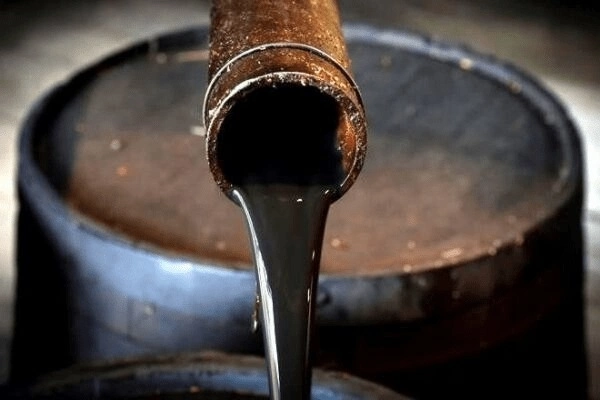The European Union, hit by surging prices, is likely to push back against further expansion of sanctions against Russia, though the energy crisis has eased significantly with the winter passing by. In a press meet earlier this week, Deputy Prime Minister of Russia Alexander Novak said that Moscow will redirect exports of about 140 million tonnes of crude oil and oil products from Europe to Asia. In 2022, deliveries to Europe amounted to 220 million tonnes.
“This year, 140 million tons of oil and oil products will go [to Asia]. About 80-90 million tons will remain in the West,” Russian news agency TASS quoted Novak as saying. India, which has increased its oil imports from Russia despite the stringent sanctions, is willing to source more from Moscow.
Novak’s announcement will be a cause for concern for the EU economies.
According to Politico, energy prices have eased from the summer highs last year but “they remain two to three times above pre-invasion levels”. It also said that gas storages in the continent are currently 56 per cent full — compared with 26 per cent a year ago — around one-quarter of the gas put in storage was from Russia, which cannot be counted upon this time around.
The impact of sanctions on Russia has led to the EU’s annual inflation soaring. Though it dropped from 8.5 per cent in February to 6.9 per cent in March, inflationary pressures remain. The supply uncertainty has led to countries including Italy, Finland and Hungary relying more on coal usage though its consumption in the continent remained under control. In Italy the use of coal increased more than a quarter.
A study by the European Parliament also noted that the sanctions “will not be severe enough to limit Russia’s ability to wage war against Ukraine in 2023.”
In a report published in December, news agency Reuters said that the EU “unity over sanctions on Russia has started to falter as jitters about the impact on Europe’s own stumbling economy weakens resolve to punish Moscow for war in Ukraine.”
According to the European Commission, since February 2022, the EU has banned over €43.9 billion in exported goods to Russia and €91.2 billion in imported goods. This means that 49% of exports and 58% of imports are currently sanctioned, compared to 2021. Crude oil is among the sanctioned products. This means barring a few exceptions, the EU will not import crude oil from Russia.
As part of the sanctions, Russian banks and companies have also been disconnected from SWIFT — the international payment mechanism. With the SWIFT payment system being cut off, several countries including India and China have aggressively embarked on an exercise to boost non dollar trade and internationalise their own currencies.




















